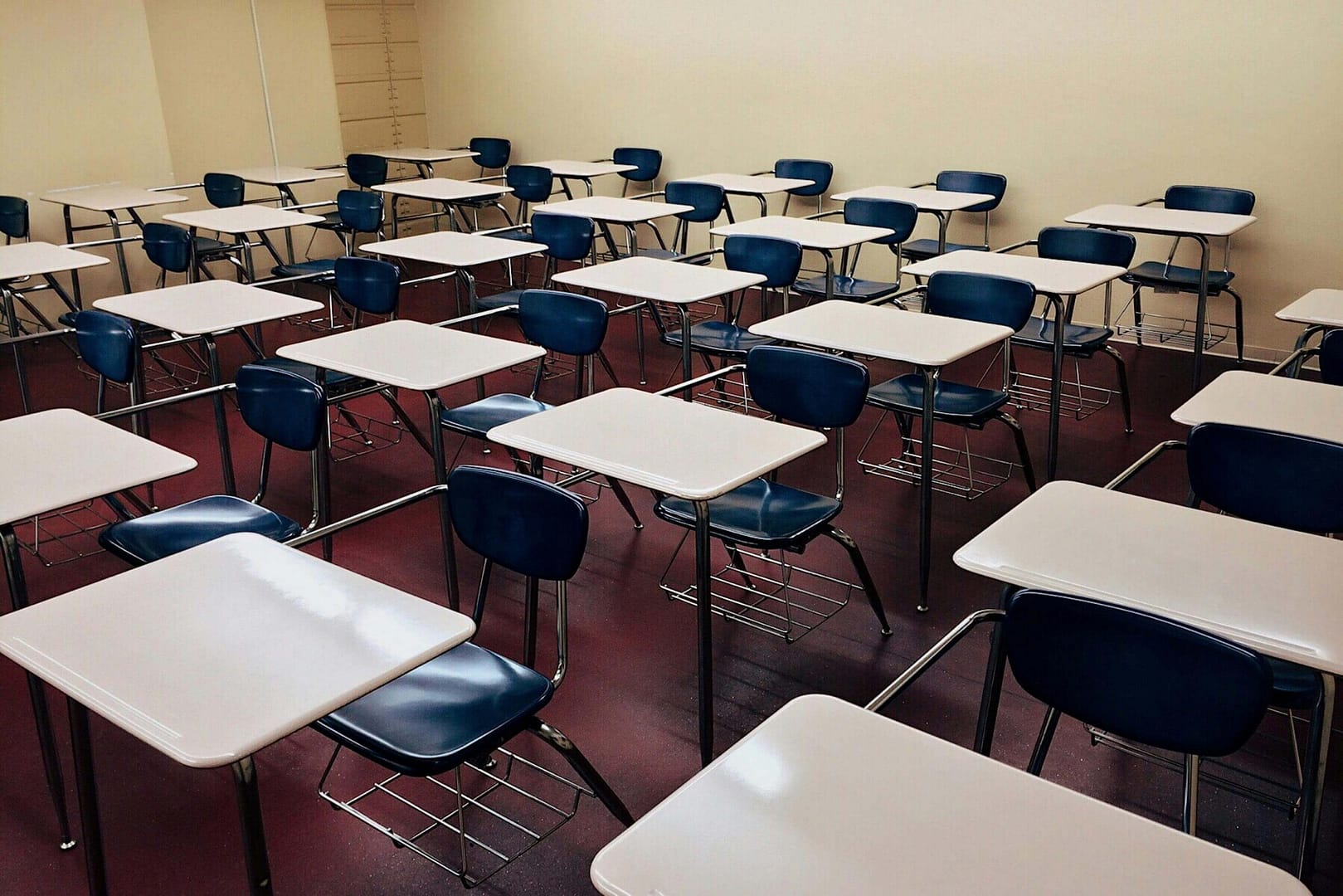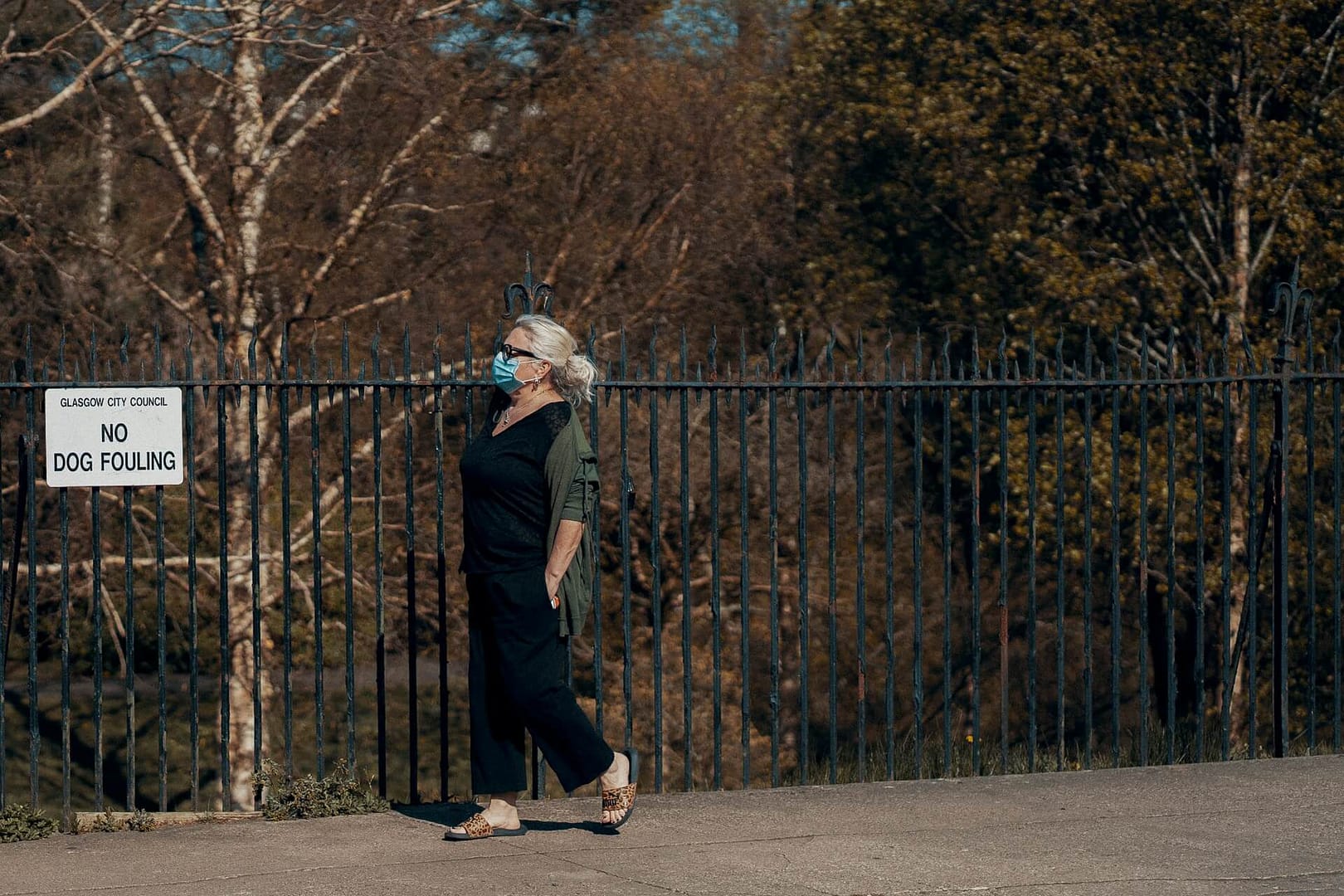Schools have a “duty of care” towards their pupils. This means they have a legal responsibility to prioritize the safety and well-being of children while they’re on school grounds or participating in school-related activities. Unfortunately, sometimes things go wrong – accidents and injuries happen, even in supervised environments.
If your child has suffered an injury or illness at school and you believe the school was at fault, you might wonder if suing for negligence is a possibility. It’s a complex issue, so let’s break it down and understand your options. We will also highlight how you can start a claim.
What is Negligence?
Negligence, in legal terms, is about failing to take reasonable care to prevent harm. When a school is negligent, it means they haven’t acted in a way that a responsible organization should to protect its students. It’s important to be aware that not every accident automatically equals negligence.
Types of school negligence
Schools owe a duty of care in many areas. Some common examples of school negligence that could form the basis for a legal claim include:
Premises liability:
This includes accidents or injuries caused by unsafe school buildings or grounds – things like broken playground equipment, slippery floors due to a spill, or inadequate safety measures in science labs.
Negligent supervision:
Insufficient supervision or distracted supervisors can result in playground fights, bullying, or sports accidents.
Failure to provide adequate medical care:
Schools should have procedures for handling injuries or medical situations. If the school didn’t respond appropriately to a medical need, that could be considered negligence.
Educational Negligence:
This is less common but may apply if your child suffers setbacks or harm due to the school’s failure to properly address learning disabilities, special needs, or a seriously disruptive classroom environment.
Proving negligence in a school injury case
This is where things can get tricky. To successfully sue a school for negligence, you need to prove a few key things:
- Duty of care: You need to show that the school clearly had a responsibility to keep your child safe in the specific situation where the injury happened.
- Breach of duty: You’ll need to demonstrate how the school’s actions (or lack of appropriate action) failed to meet their duty of care.
- Causation: There has to be a clear connection between the school’s failure and your child’s injury.
- Damages: The injury must have led to real harm in the form of medical expenses, pain and suffering, or other losses.
What should you do if your child is injured at school?
First and foremost, focus on getting your child the care they need. Even for minor injuries, make sure to:
- Report the incident to the school: Inform them in writing, including details about the circumstances.
- Seek medical attention: Get a professional assessment of the injury, even if it seems minor at first.
- Gather evidence: Take photos of any hazards or unsafe conditions (if possible), note witnesses, and get copies of medical records.
Making a Personal Injury Claim with National Claims
At National Claims, we understand that navigating a child’s school injury can be a complex and emotionally charged experience. If you believe the school’s negligence was the cause, we’re here to help you understand your options and guide you every step of the way. Our team will connect you with a personal injury solicitors how specialise in school negligence cases, fighting for the rights of children and their families.
Free Consultation
Let’s start with a free consultation to discuss the specifics of your child’s case. We’ll listen carefully to understand the circumstances surrounding the injury and provide an initial assessment of whether you have grounds for a strong claim.
*No Win, No Fee
At National Claims, we believe that access to justice shouldn’t depend on your financial situation. That’s why we work on a “No Win, No Fee” basis. You won’t have to worry about any legal costs up front. If your claim is successful, our fees will be a percentage of the compensation you receive.
*Customers pay up to 25% (incl. VAT) of the amount recovered towards solicitor costs and if you cancel outside your cooling off period, you may be charged a fee.
Conclusion
Navigating the question of suing a school for negligence can be overwhelming. Remember, it’s vital to understand what qualifies as negligence, what you need to prove for a successful case, and to seek professional legal guidance if your child’s injury warrants it. Schools have a duty to protect our children, and when that duty is breached, holding them accountable may be the only pathway to securing the compensation your child deserves for their recovery and future well-being.
Contact National Claims today, and we will put you in touch with an expert solicitor who can guide you through the claims process.📞 Call us now free 0800 029 3849 or 📩 Submit an online enquiry to speak to our team. Your safety and well-being matter, and we’re here to help. If you have any other claims, please do not hesitate to contact us.
Click below to see why we are one of the most trusted claims management companies in the UK on Trust Pilot.

We’re proud of our excellent customer reviews
We thrive on delivering exceptional service and ensuring our clients’ satisfaction. Don’t just take our word for it. Check out some of our independent reviews to see what our clients have to say.
Excellent

This firm is excellent, they sorted out my car pay out and injury claim very fast, they always communicate with you all the time.

My accident case was dealt with confidence and with great result of the outcome, especially James kept me informed all the time.

I was very impressed at the way my inquiry was treated. I was listened to attentively and everything I needed to know was explained to me.






